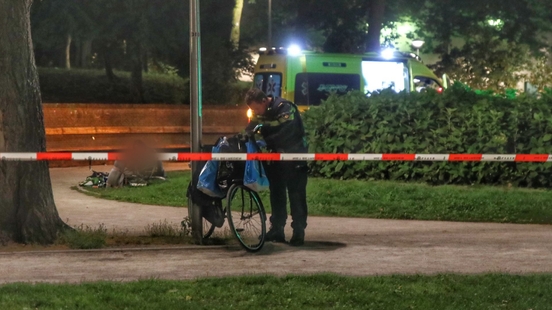Stichting Goud, an advocate for the homeless, does not believe that a ban on the use of hard drugs in public space is the solution. “We also see the problem: there is more nuisance. Only enforcement has already been done, and an area ban can be imposed on gatherings. A hard drugs ban would now also be added. As if that would work.”
A ban on hard drugs also turns these people into criminals, says Stichting Goud. “They will hide, but will continue to visit each other. Then they will probably choose to use someone from the group at home. Which causes nuisance in the neighborhood, resulting in eviction. And therefore more homelessness.”
According to the foundation, repression does not solve anything, nor does it ensure that people end up in healthcare. “In the Stek, the usage space for people with an addiction, it is not allowed to use it for about seven hours a day, for example during dinner time. The other three usage areas have been closed in recent years.” Expanding the conditions for the use of hard drugs in the hostels, where many addicts live, also does not work, according to the foundation. “If people do not want to use there now, what makes them want to do so after a ban.”
Stichting Goud believes that there should be a discussion about the care on offer. “The municipality is talking about care and safety that go hand in hand. But how care should be done is completely unclear.”
Marcel Vonk of the foundation says he likes to have been involved in conversations about the group at the Lucasbolwerk. “In a letter from healthcare providers, we found out that there is an intention to introduce a ban. Apparently talks have been going on for 1.5 years, but the people who are involved or who are committed to this group have not been heard. The ask: ‘what do you need?’ has not been asked, while I think it starts there.”
